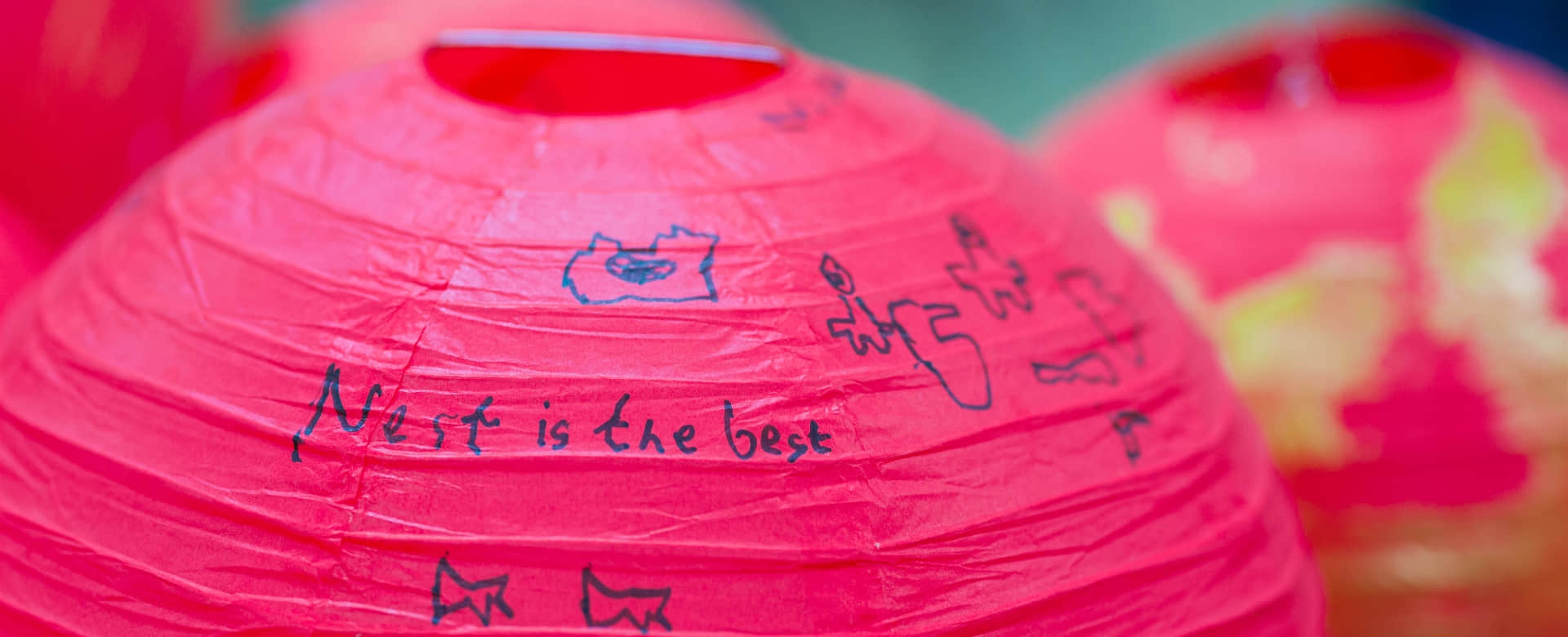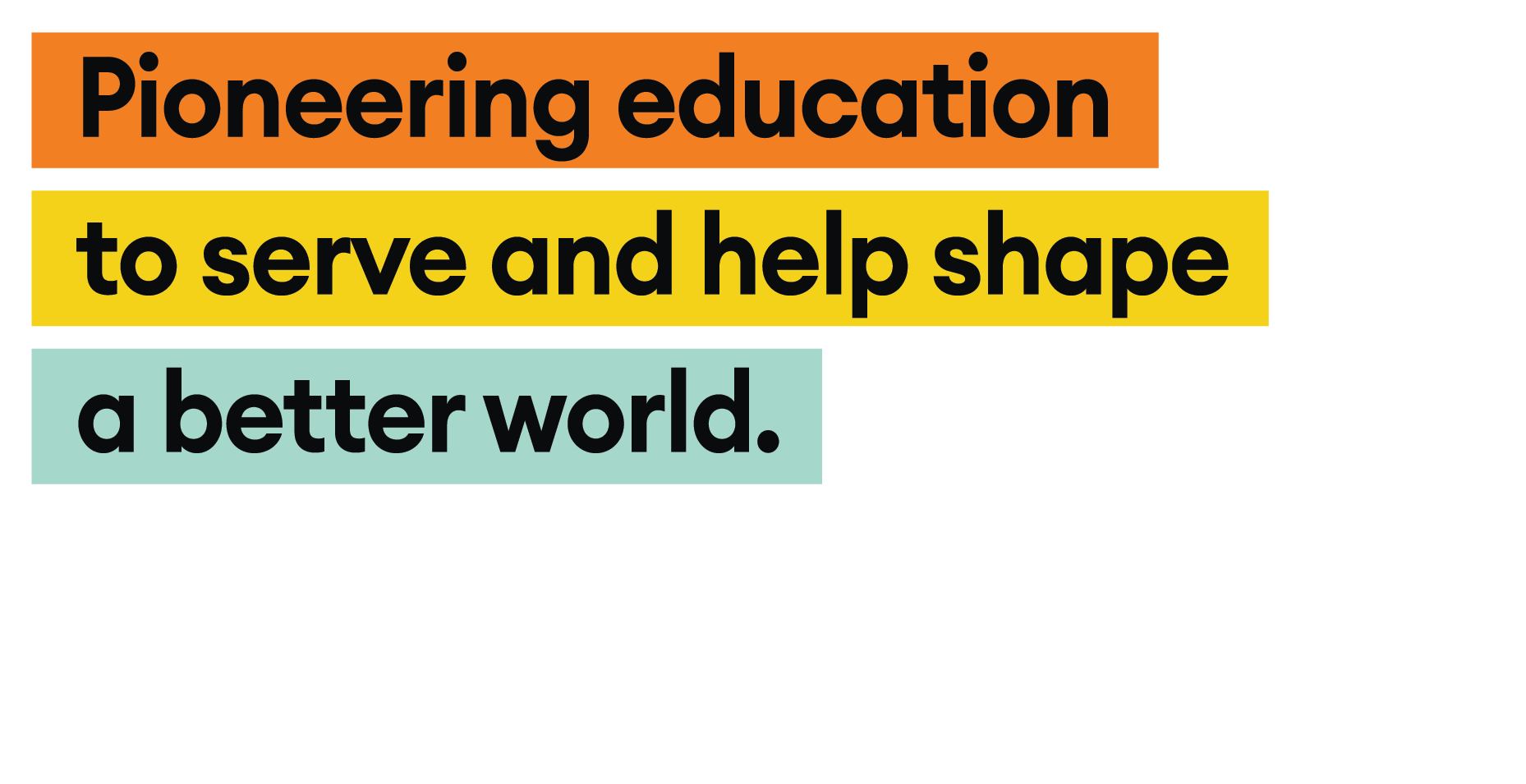Educational Insights | Self-regulation in Early Childhood

Justine Broadhurst
Reception Teacher
When we are discussing self-regulation in early childhood it means many things. Research shows that for a child to become successful in later life, the foundations must be laid in the early years. By building this relationship between home and school we can work together to support our children to be the best individual they can be.
A convincing amount of evidence, through studies conducted from as early as the 1970s, shows us that for a child to become successful in later life, the foundations must be laid in the early years. The experiences which children have in early childhood shape the brain and the child’s capacity to learn, to get along with familiar adults and peers, and to learn to face challenges and difficulties which are a normal part of life. Early experiences shape early brain development and set the stage for the acquisition of self-regulation skills.
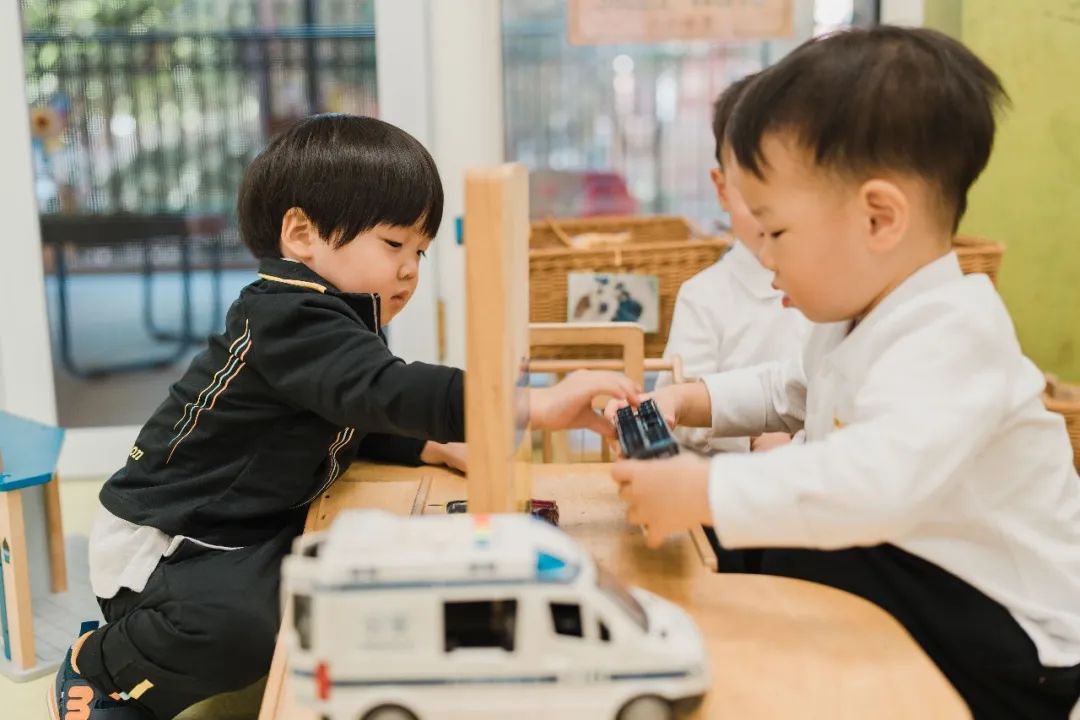
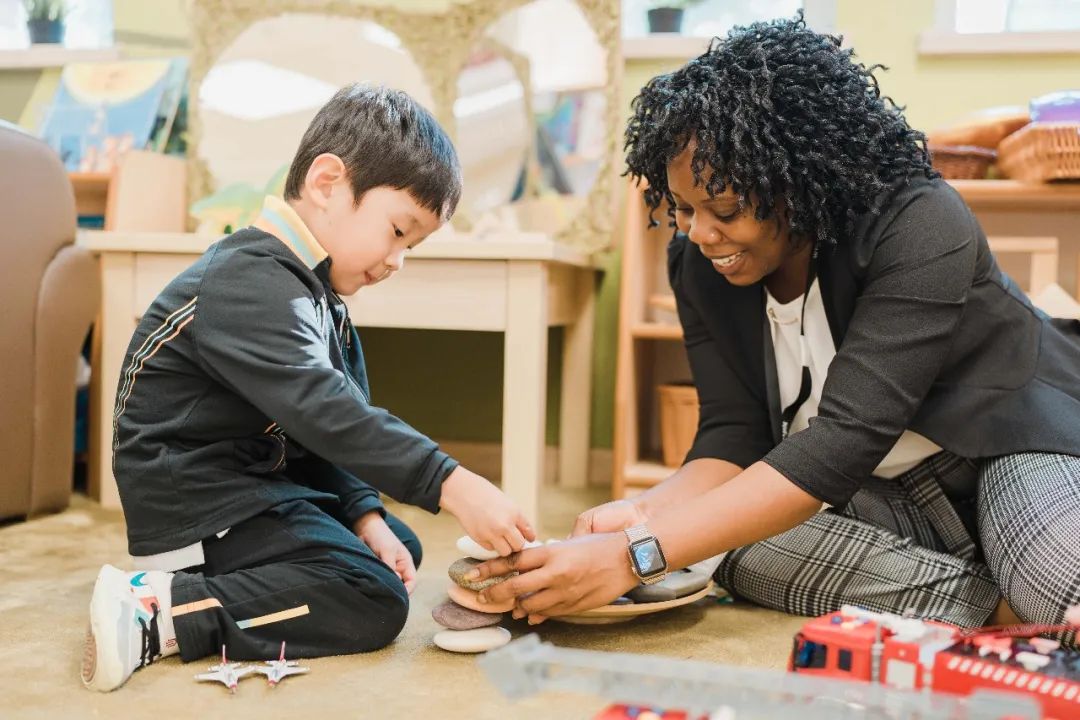
Research strongly suggests that essential life skills are laid down during the early years, both at home and school. It may be too late to intervene by the junior or senior years as effectively or successfully as it is in the early years. As a result, there is increased interest in self-regulation in the early years where a child begins to learn to regulate emotions, behaviour and attention as well as building relationships with others. By the time a child is four or five years old they have established basic voluntary regulatory systems to adapt his emotions, behaviour and attention according to a given situation.
A child’s interest and curiosity are the motivators that create new connections to acquire new skills. Each new skill builds on a skill already learned (Blair & Diamond, 2008; Miller & Keating, 1999; Posner & Rothbart, 2006; Shanker, 2008). The child’s environment can support and enhance their interest and curiosity.
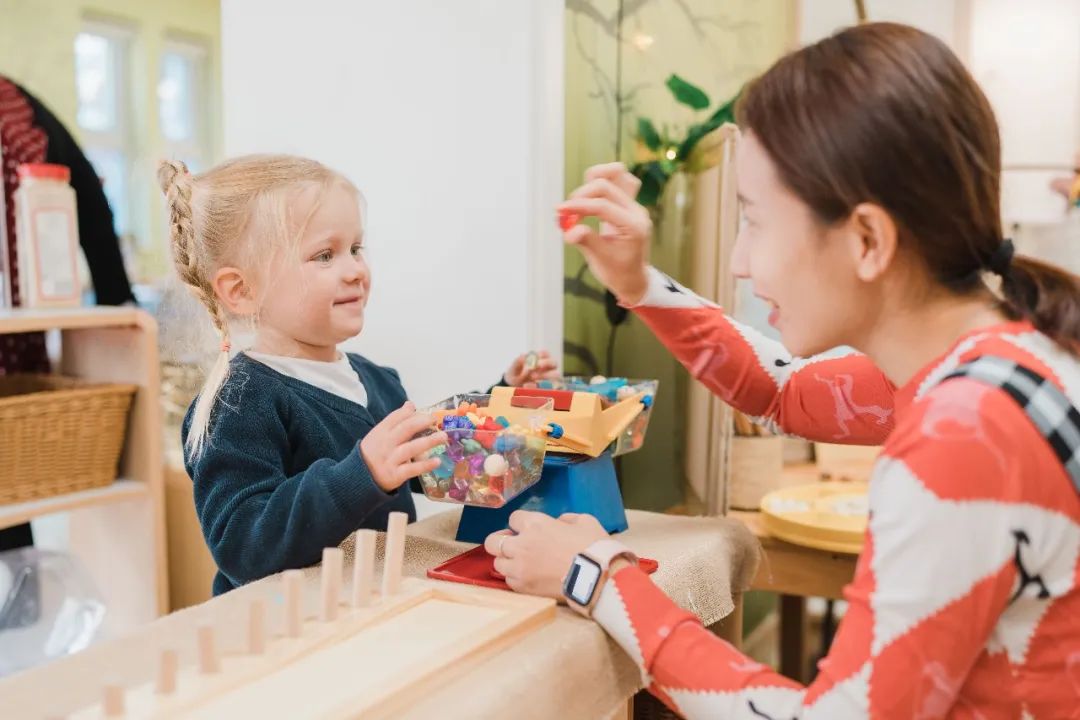
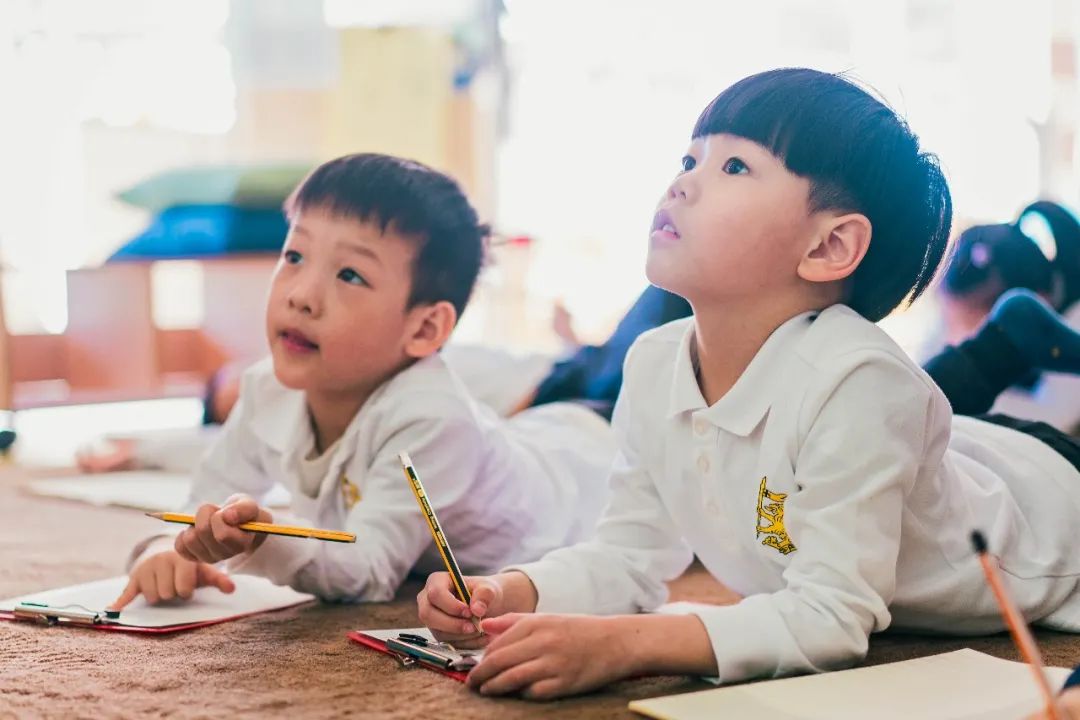
This ability is the foundation for the skills needed to plan and problem-solve, understand other’s intentions, emotions, desires or beliefs, interpret behaviour and regulate social interactions. The regulation of attention is essential for a child’s learning disposition and habits, such as persistence, curiosity and confidence (Shanker, 2010). This resilience we aim to build in the children is what gives them the capacity throughout their lives to overcome the setbacks and challenges that life will always put in our path. As parents we want to solve all our child’s problems for them, but in doing so, we are not giving them the skills to cope when we are not there to support them, especially as they get older and venture to university a long way away from us.
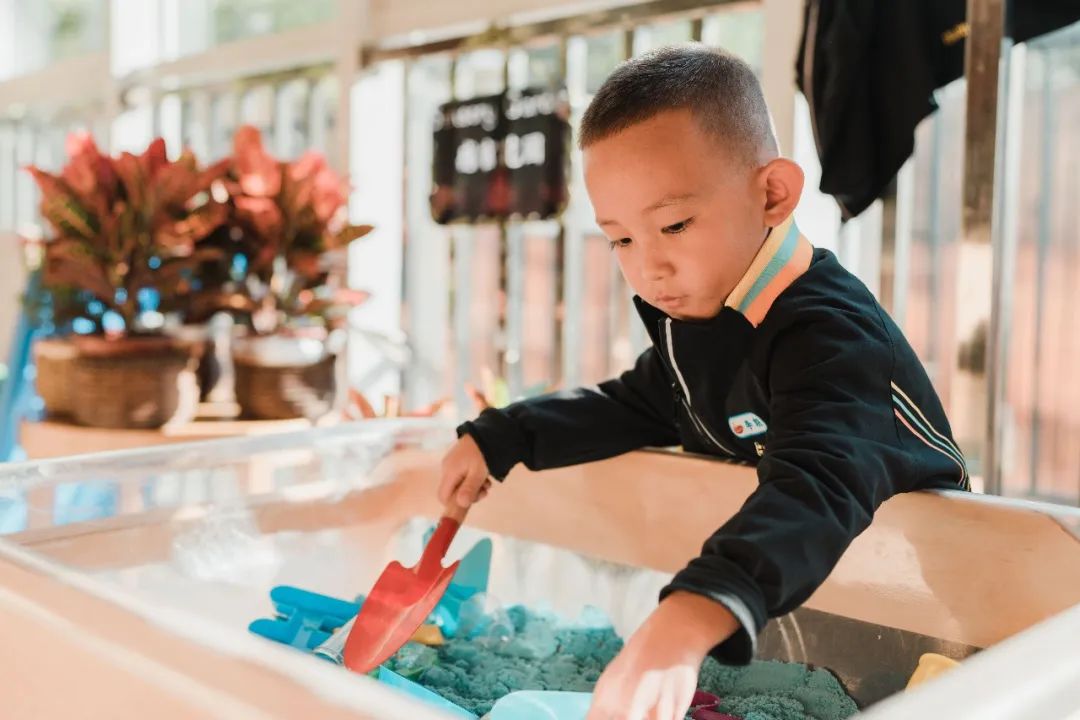
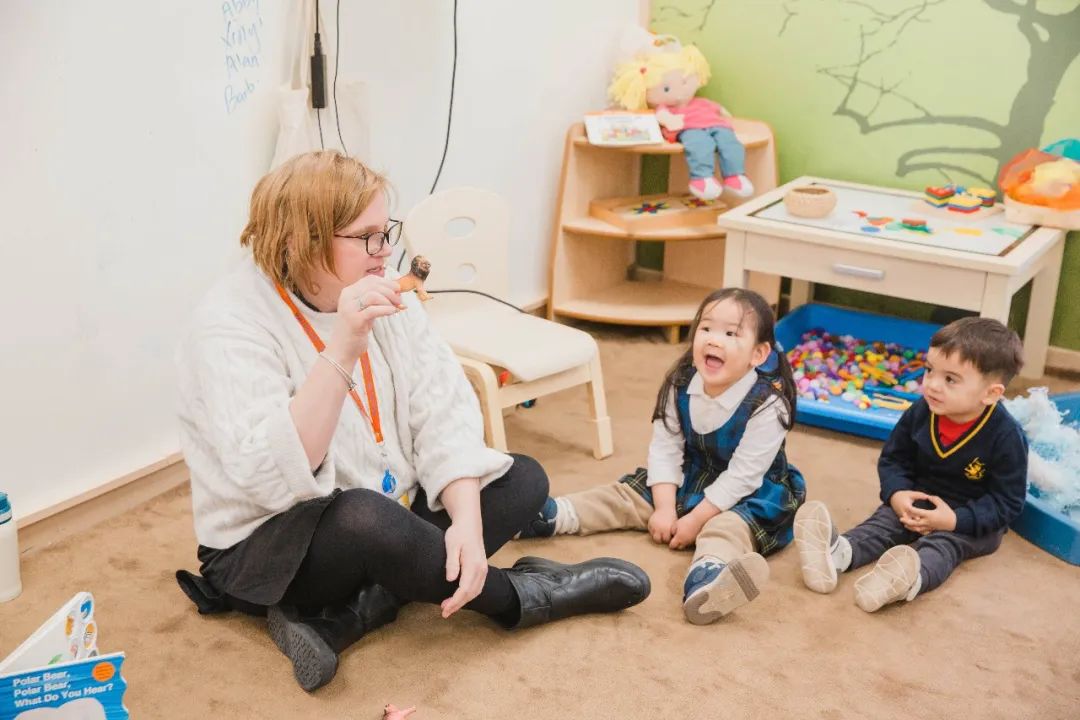
Wellington College Bilingual Tianjin Nursery has committed to creating an environment which supports and promotes self-regulation in our pupils by giving them the time, the space, the tools and the opportunities to become outstanding, independent and adventurous learners. By having access to an environment filled with wonder, children will be encouraged to approach tasks in multiple ways, reflect on their learning and reapply these skills in different situations.
Children are not able to simply self-regulate. This is a process which begins with the adults who are important in their lives. A very young person will need help to learn and master basic skills such as taking care of their personal needs like dressing or going to the bathroom, particularly in Pre-Nursery and Nursery. You may witness this co-regulation in teachers patiently offering encouragement and helpful directions while children negotiate jackets and shoes.
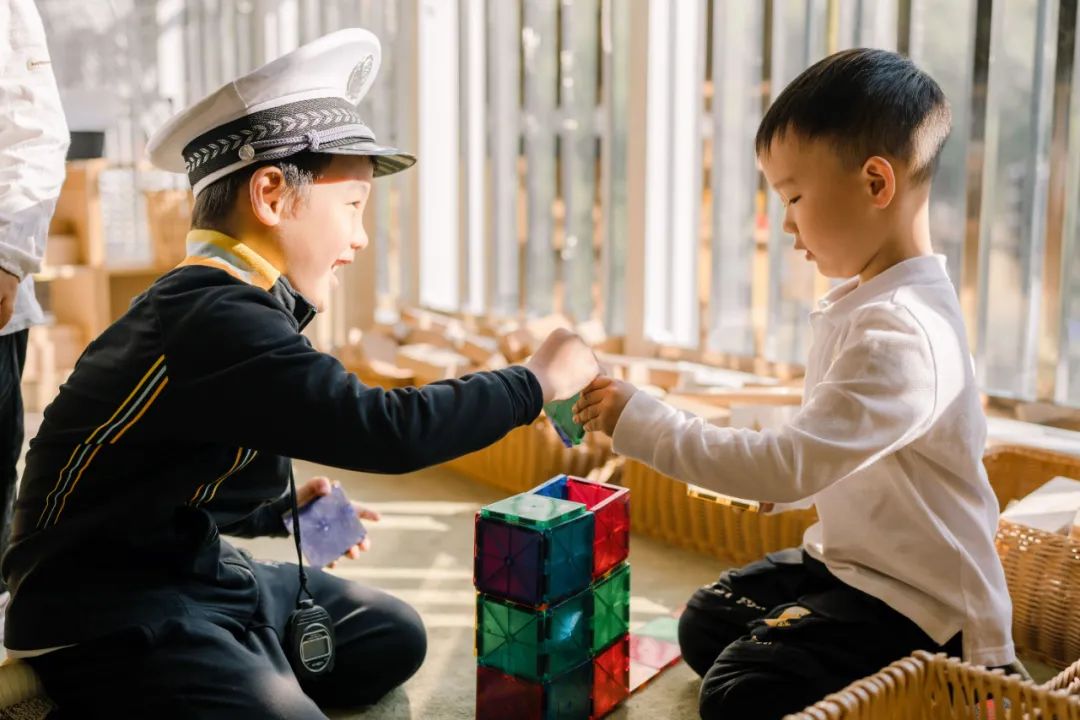
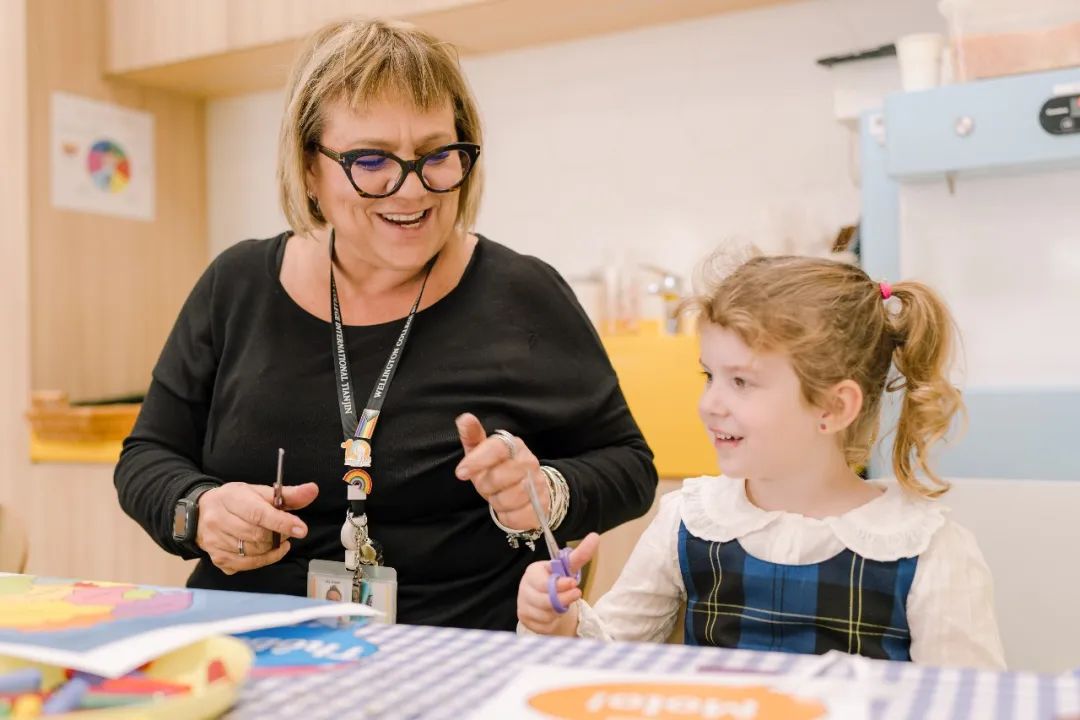
In Reception and Year 1 you may encounter children being encouraged to find ways in which to calm themselves when feeling anxious or angry, with visual reminders of ways in which they could do this, such as counting slowly to 10, quietly looking at a book or playing with a quiet toy. Learning to wait until someone has finished speaking and not to interrupt, tidy where you have played, not to waste food or clear your own plates away are all skills which teach a child to regulate their behaviour and which form part of the daily routines in the Nest.
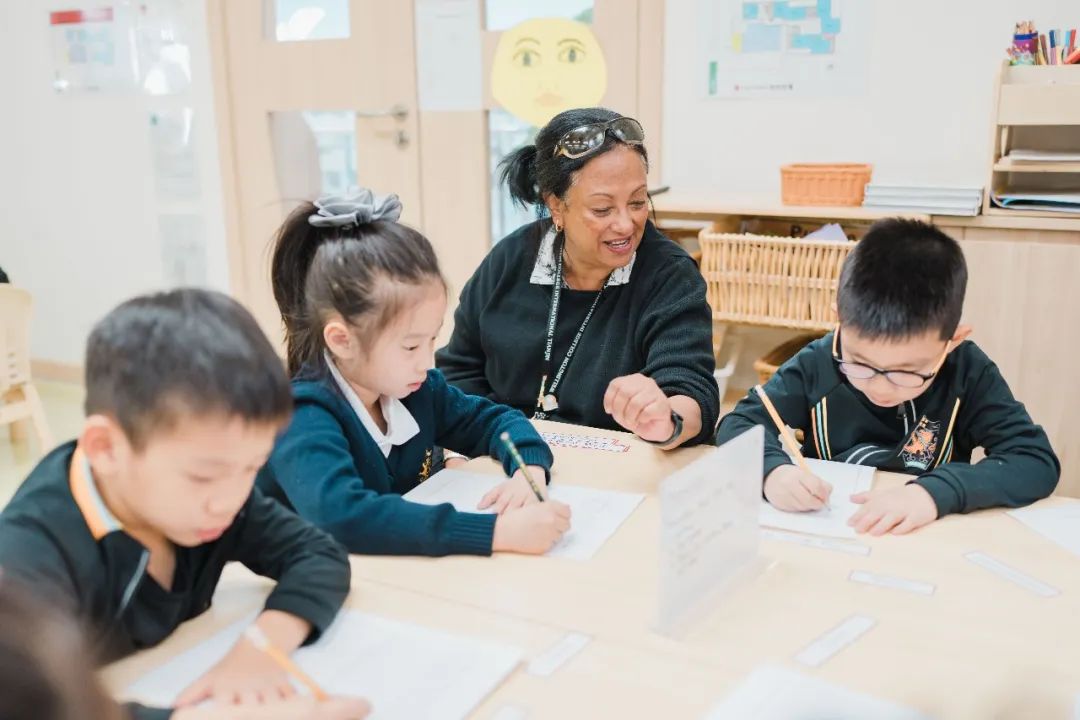
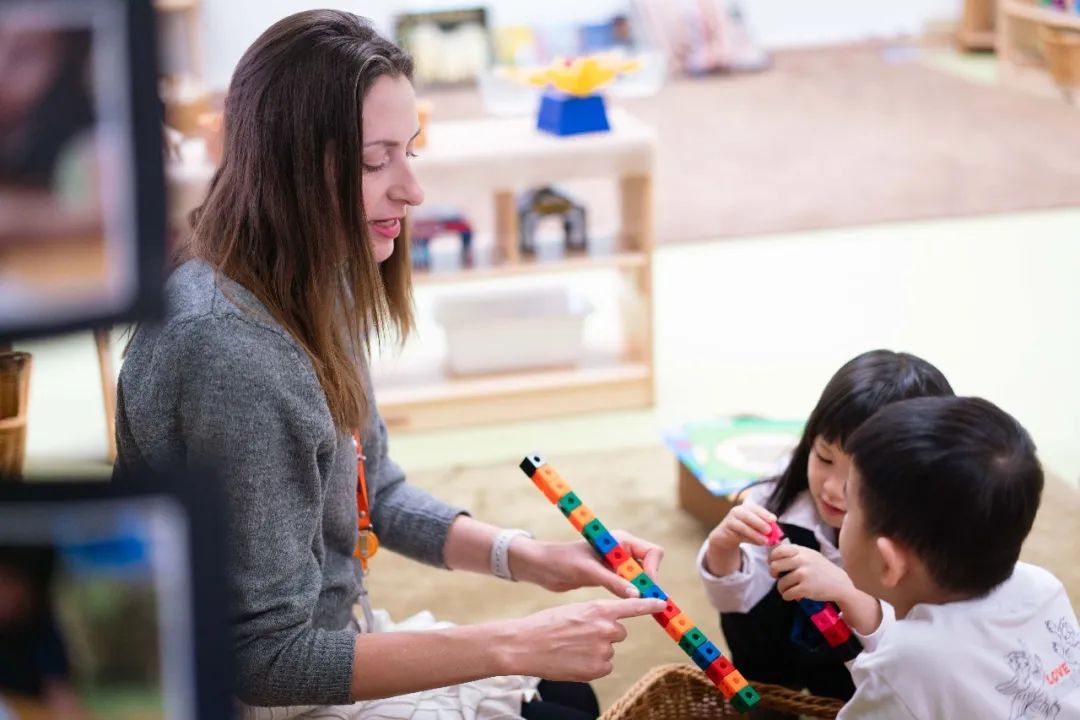
Therefore, to support our children most effectively, it is essential that school and home are giving the same messages to children, so they clearly understand how to develop their self-regulation skills. We need to ensure we are supporting them to develop independence in everything they do, including recognizing their emotions and using strategies to help themselves to calm down, build relationships, recognize their needs and the needs of others and to use different strategies that they know will help them to focus and be able to learn. By building this relationship between home and school we can work together to support our children to be the best individual they can be.
Related Articles








 Channel
Channel 
 Linkedin
Linkedin  Weibo
Weibo  Facebook
Facebook  Ins
Ins 


